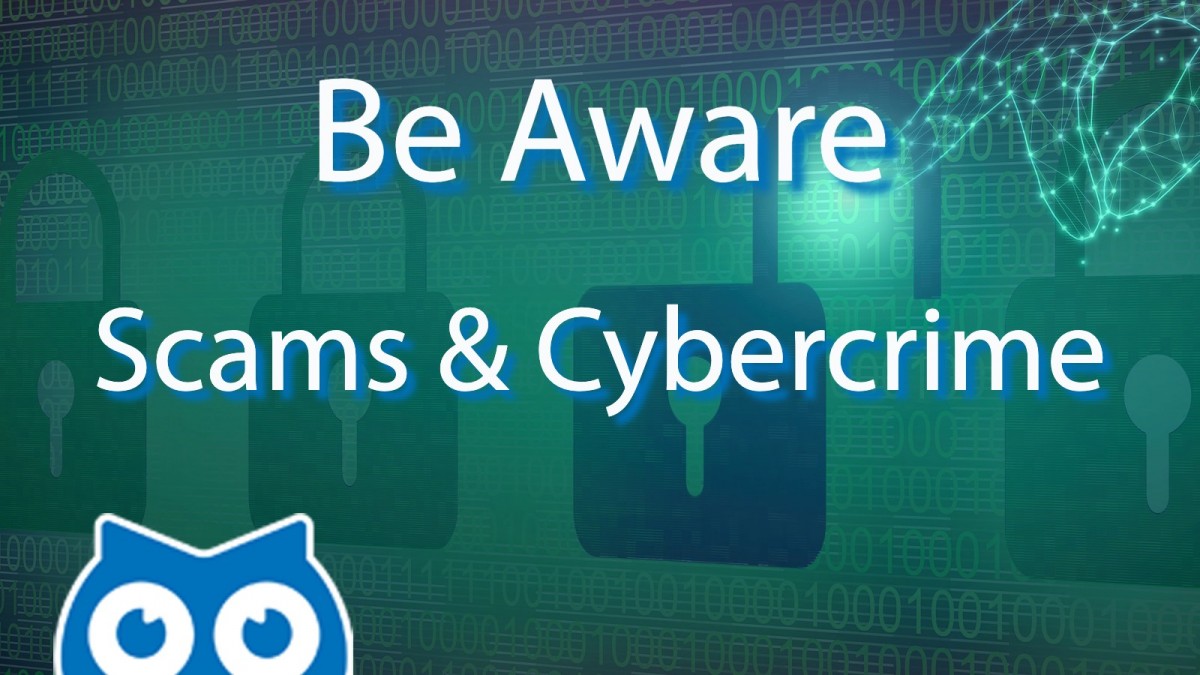Over the past few weeks cyber crime has risen exponentially. A combination of concerns regarding Coronavirus, remote working practices and the distractions associated with living in a lockdown has created an environment in which criminals can thrive. It is therefore even more important from both a personal and business perspective to be extra vigilant.
The Golden Rules
If you receive an email, text or phone call you are not expecting, follow these three simple steps:
Stop – Take a moment to think before parting with any information or money.
Challenge – Ask yourself could it be fake. Do not be rushed or feel intimidated. If you have any doubts, refuse and reject.
Protect – If you think you have fallen victim to a scam, contact your bank immediately using the numbers on your bank statement or the rear of your credit/debit cards. Report the scam to Action Fraud.
Fake news
- There are many false articles in the press and online promoting false remedies and cures for Coronavirus. If in doubt visit www.gov.uk/coronavirus or www.who.int/ for updates and information.
Impersonation
- Criminals are experts at impersonating people and organisations.
- Genuine organisations will address you by name, use two factor authentication or some other form of personalisation to prove that they are genuine. Always be suspicious of correspondence asking for information or money. If in doubt, contact the organisation or person directly to check authenticity.
- Many businesses are closed at the moment, so be especially wary if you are asked to make an urgent payment or alter bank payment details even if the message appears to come from your boss.
- Reject all calls from ‘internet providers’ threatening to disconnect your service. If in any doubt, contact your internet provider directly.
Attachments
- Never click or download an attachment as this could lead to your device being infected with unwanted programs.
Great offers
- Be suspicious of any correspondence inviting you to invest money in high yielding opportunities. Don’t be pressurised. Check with the Financial Conduct Authority’s Register for regulated companies.
- Google has taken down thousands of fake websites for subscription TV services, many of which offer extended free trials
- Remember, if it sounds too good to be true, it probably is.
Cold calling
- Check the identity of anyone who comes knocking at your door. Do not accept help or let anyone into your home unless they are known to you; or you have verified their identity with the organisation they represent. Do not use any contact numbers given to you at the door. Verify all people independently by looking up the organisation’s details online. If in any doubt, do not let them in.
- Reject all calls offering you face masks, sanitiser, testing kits and medicine over the phone as many of these are phoney.
- Do not give anyone remote access to your computer.
Passwords
- Never share your passwords with anyone
- Ensure passwords are strong and contain a mixture of upper case & lower case letters, numbers and special characters.
- Do not use the same password for multiple logins.
Payments
- Only make payments through secure websites. These sites display a padlock on the search bar
- Where possible use a credit card or Paypal to buy online as these methods provide greater protection.
- When paying someone for the first time, authorise a small amount first and then pay the balance once you have checked with the company that the payment has gone through okay.
Computer protection
- If you haven’t already done so, install anti-virus software on your computer including a firewall to give added protection.
- Make sure your computer is running the latest version of its operating system and ensure that all the security patches are up to date.
The above information is not comprehensive and is intended as a guide only. For more detailed information and advice, Local Pages recommends all readers visit the websites of Take Five and the National Cyber Security Centre.
Leave a comment on Avoiding Scams & CybercrimeCategories Help & Advice, Small businesses


